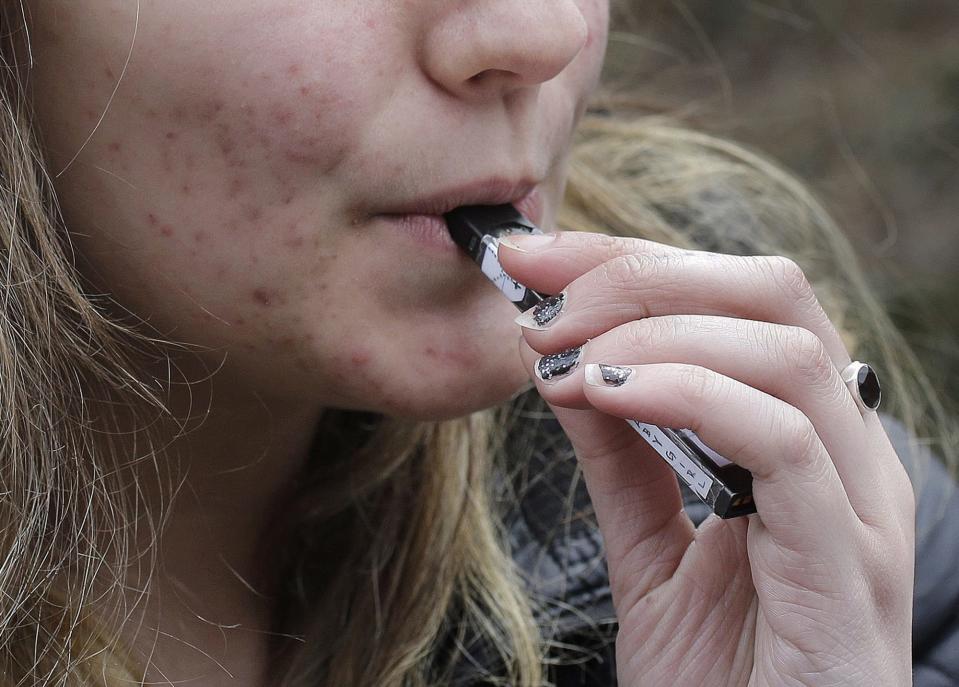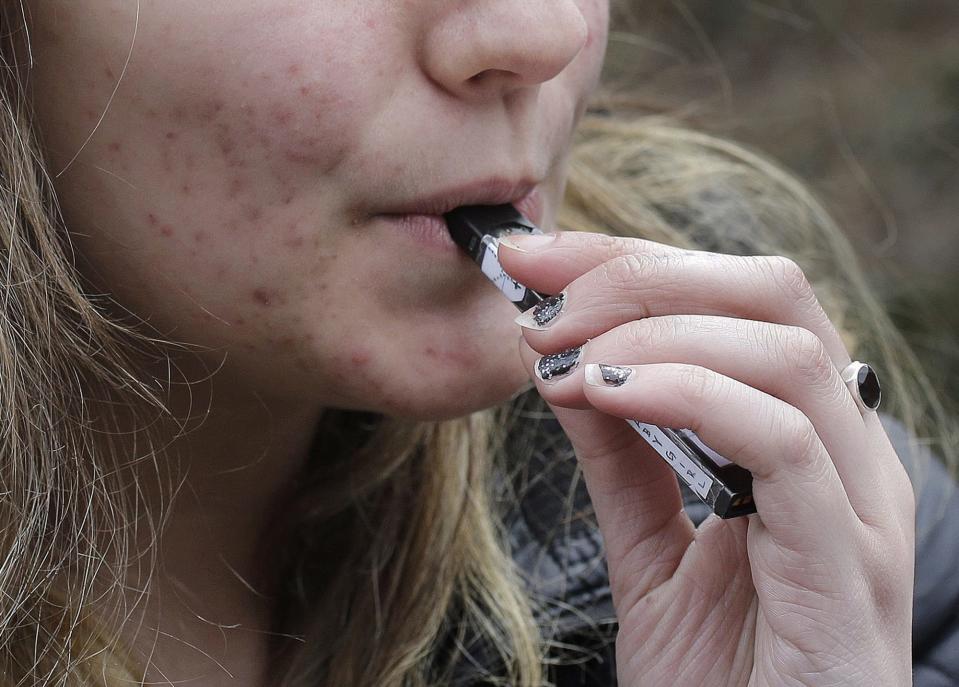Michigan is the first state to ban flavored e-cigarettes
The ban will last at least six months.
Michigan governor Gretchen Whitmer announced today that the state will ban the sale of flavored e-cigarettes in an attempt to curb youth vaping, which the US surgeon general calls an "epidemic." While cities such as San Francisco have recently put similar restrictions in place, Michigan is the first state to declare a ban.
The ban will go into effect as soon as the rules are fully determined, which will likely happen within the next 30 days. This stopgap measure will last for six months and can be renewed for another six months while legislators define and pass a permanent solution.
The flavors being banned aren't just the sweet and fruity varieties that campaigners worry children are attracted to; menthol and mint will be taken off the shelves as well. Tobacco flavors, meanwhile, will remain available.
The Washington Post reports that vaping lobbyists claim a black market will form in the wake of the ban. They also predict a surge in health problems among smokers. "This shameless attempt at backdoor prohibition will close down several hundred Michigan small businesses and could send tens of thousands of ex-smokers back to deadly combustible cigarettes," says American Vaping Association president, Greg Conley.
"My number one priority is keeping our kids safe and protecting the health of the people of Michigan," says Whitmer. "And right now, companies selling vaping products are using candy flavors to hook children on nicotine and misleading claims to promote the belief that these products are safe. That ends today."
Vaping has been linked to many health concerns, and as a relatively new product, the long term effects are unknown. Problems such as lung irritation, immune system damage, increased blood pressure and heart rate and of course nicotine addiction are potential risks in e-cigarette users. These detriments affect children on a deeper level, as their bodies are still developing.
Meanwhile, e-cigarette brands such as Juul are taking advantage of the lack of regulation in the industry. Vape products can be advertised on television, for example, while cigarette ads were banned in 1971. These brands are under fire for allegedly forming their marketing tactics with the goal of attracting teens.
As metropolitan areas move to regulate e-cigarette products, it's likely that we'll see more pushback from organizations like the American Vaping Association. But given the growing pressure to reduce teen vaping, we might see other states follow Michigan's lead before long.


